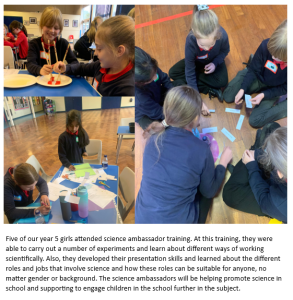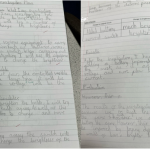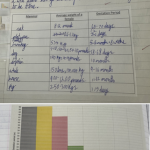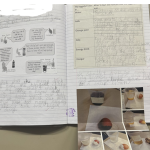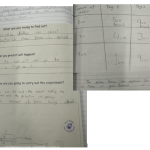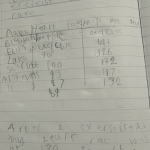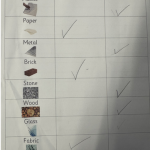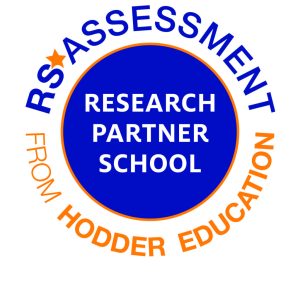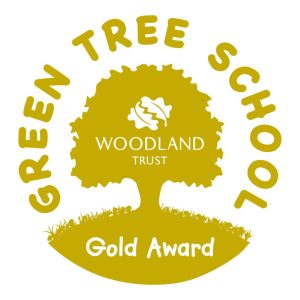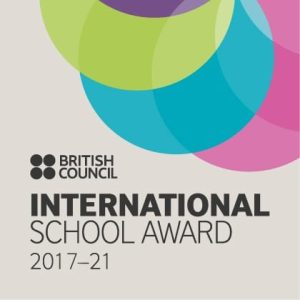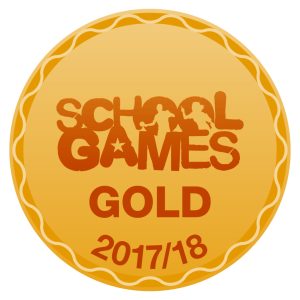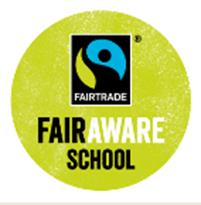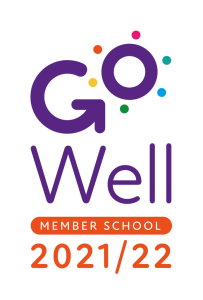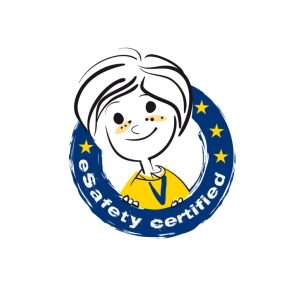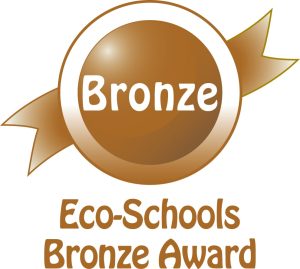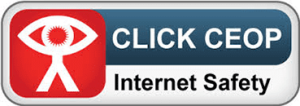What we say about Science at Dean Bank Primary School
“When I was in Y2, we got to go outside to look at microhabitats and the minibeasts that lived there. This was fun because we saw lots of different creatures and saw how the suited where they lived”- Orani Y3
“At the beginning of every science lesson we answer questions about what we learnt last lesson and in previous topics. This helps me remember everything we have learnt about”- Kieren Y5
“I like it in our science lessons when we get to carry out investigations linked to what we’re learning about because it helps me understand it better” – Harlie Y6
Our Intent
In order to develop children’s ability to work accurately and thoughtfully it is important that children are working scientifically, at the appropriate standard, across the school to allow them to develop skills that can be applied in science and across the curriculum. We seek to ensure that children are able to continue to develop and progress their skills and learning as they move through the school, building on what they have done before.
To help develop a deeper understanding of scientific concepts it is important that children continue to study concepts in a way that builds on existing knowledge learned as they move through the school.
To ensure that children develop an interest in science that will allow them to improve their scientific knowledge and ability to work scientifically it is important that they are able to participate in engaging and quality investigations. We seek to provide a range of quality investigations that will engage children and allow them to apply and develop their knowledge and understanding within the subject. Furthermore, to improve their scientific knowledge we believe it is important to try and present new information in interesting and contextually relevant ways in order to help them develop a deeper and more meaningful understanding.
Due to children entering the school with less developed language skills and vocabulary we think it is important that children can develop their knowledge and understanding of scientific vocabulary in order to explain the subject and the world around them clearly.
Science in Action 2023-2024
October 2023 – Our Science Ambassadors
Investigations across the school
Long Term Plan
Progression of Knowledge and Skills
Progression of Knowledge – Biology
Progression of Knowledge – Chemistry
Progression of Knowledge – Physics
Progression of Skills – Working Scientifically
Useful Websites
https://www.bbc.co.uk/bitesize/subjects/z7nygk7
https://www.science-sparks.com/easy-ideas-for-science-at-home/
https://www.brainpop.com/science/
https://wowscience.co.uk/
https://www.stem.org.uk/home-learning/primary
https://www.nationalgeographic.org/education/
Archived Curriculum Work
You can view our Archived Science Curriculum work on our website.

